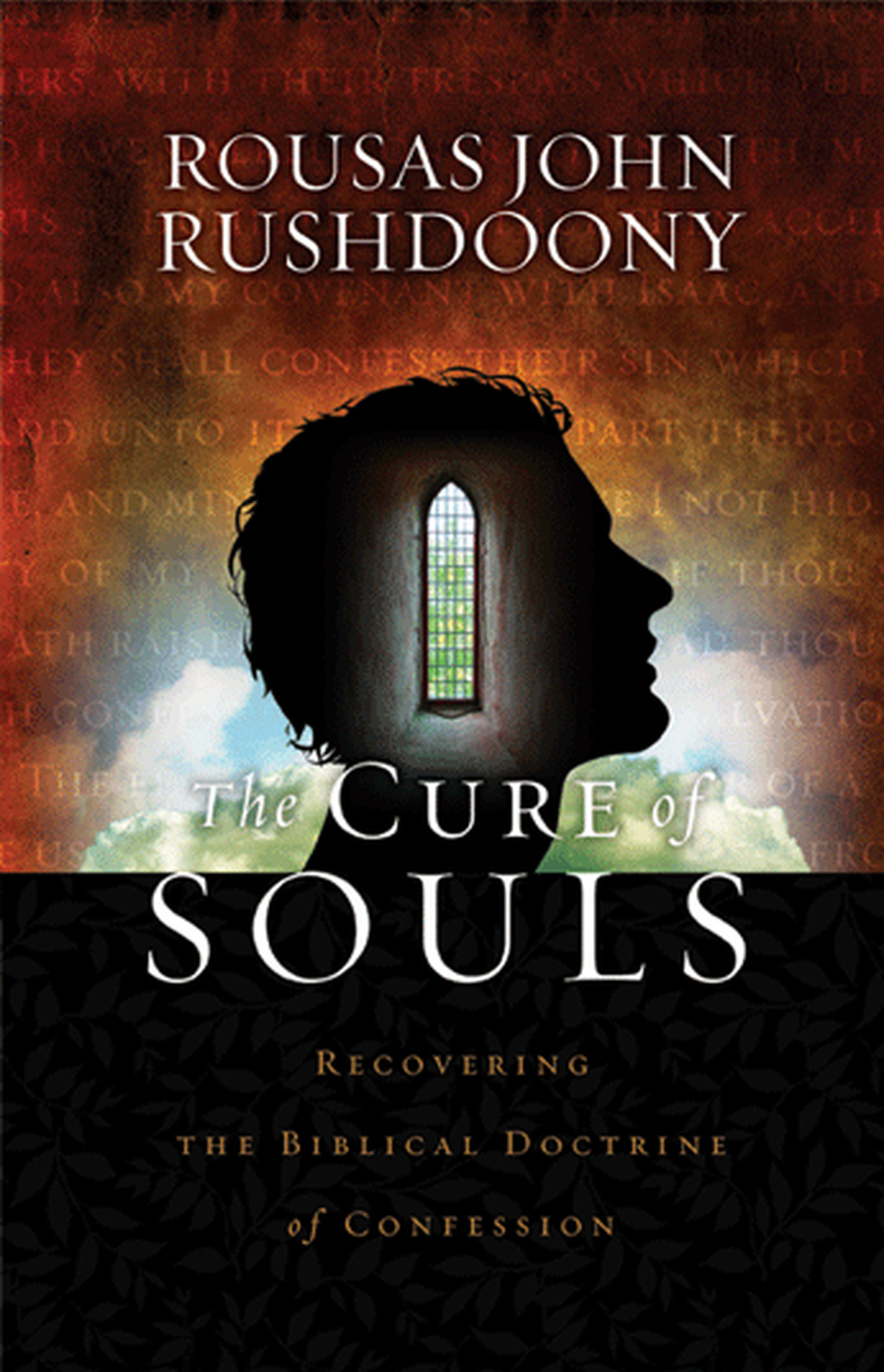
Cure of Souls, The
In this path-breaking volume, R. J. Rushdoony examines the Biblical teaching on confession and sets it over against the errors of Romanism and the neo-Freudianism of modern Christian counseling.
eBook , Hardcover

- R. J. Rushdoony
Rediscovering the Biblical Doctrine of Confession
Hypocrisy replaces virtue when men cover their sins rather than confess them to God. This is all too common when men do not preach and practice a Biblical doctrine of confession. The challenge is first to restore the meaning of confession as taught in the Scriptures. As long as confession is seen as a Romanist doctrine, we have no hope of recovering this vital aspect of Christianity.
In this path-breaking volume R. J. Rushdoony examines the Biblical teaching on confession and sets it over against the errors of Romanism and the neo-Freudianism of modern Christian counseling. Despite the subject matter this book is remarkably readable and is sure to empower both clergy and laity as they discover the powerful tool of Biblical confession.

- R. J. Rushdoony
Rev. R.J. Rushdoony (1916–2001), was a leading theologian, church/state expert, and author of numerous works on the application of Biblical law to society. He started the Chalcedon Foundation in 1965. His Institutes of Biblical Law (1973) began the contemporary theonomy movement which posits the validity of Biblical law as God’s standard of obedience for all. He therefore saw God’s law as the basis of the modern Christian response to the cultural decline, one he attributed to the church’s false view of God’s law being opposed to His grace. This broad Christian response he described as “Christian Reconstruction.” He is credited with igniting the modern Christian school and homeschooling movements in the mid to late 20th century. He also traveled extensively lecturing and serving as an expert witness in numerous court cases regarding religious liberty. Many ministry and educational efforts that continue today, took their philosophical and Biblical roots from his lectures and books.